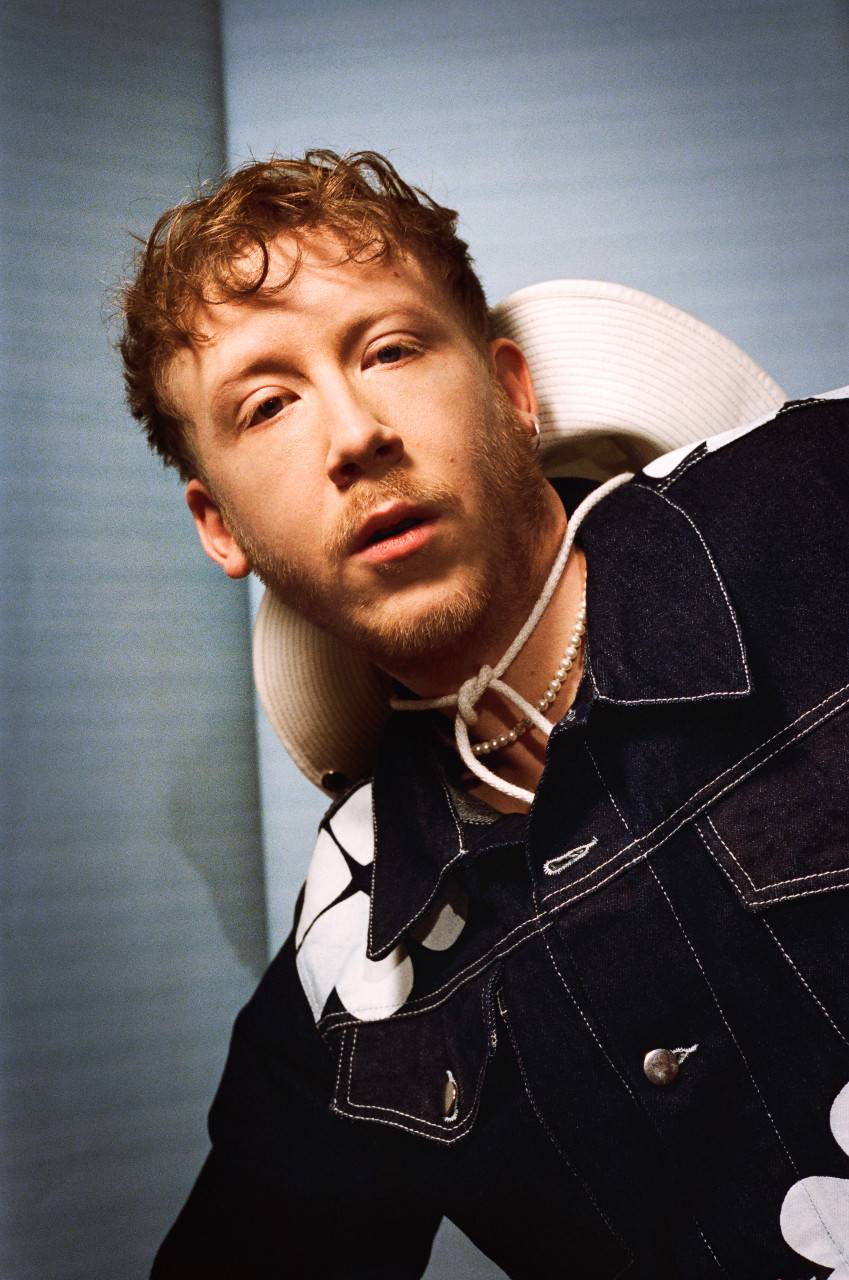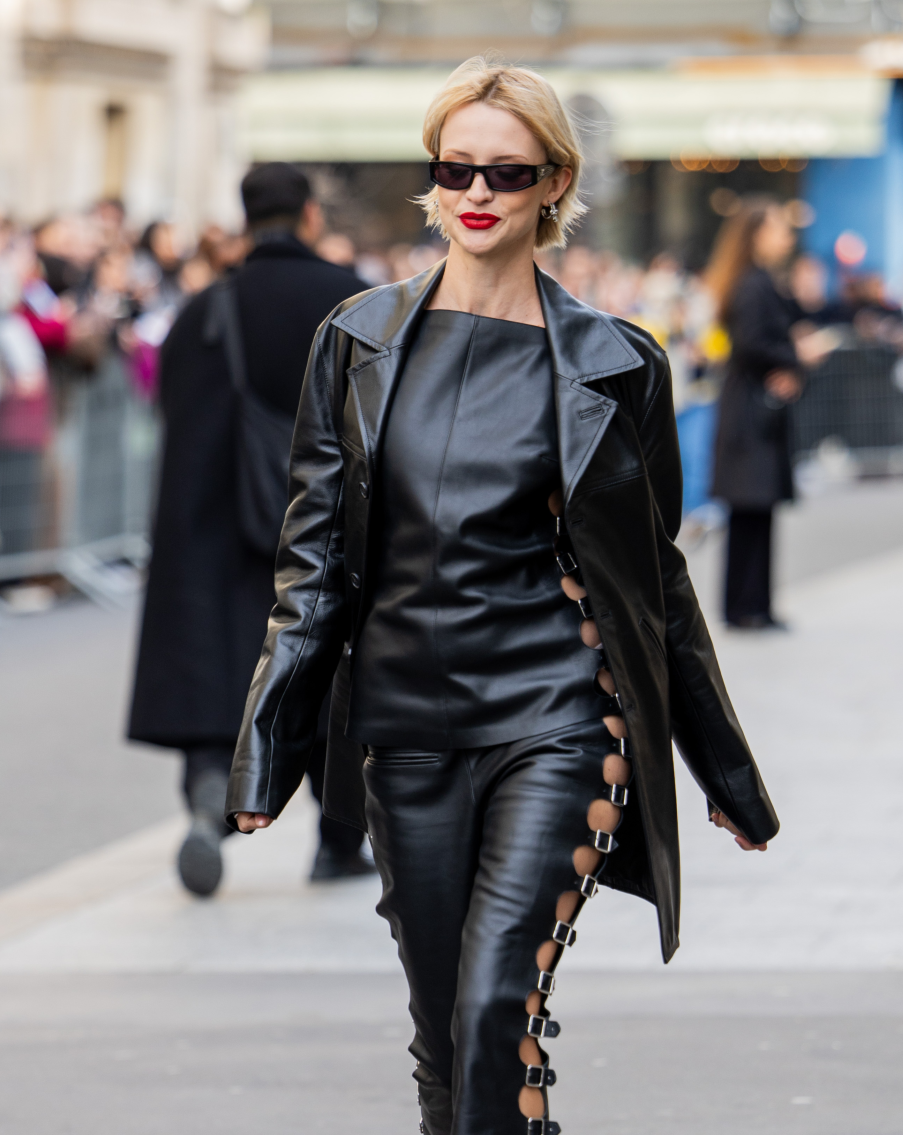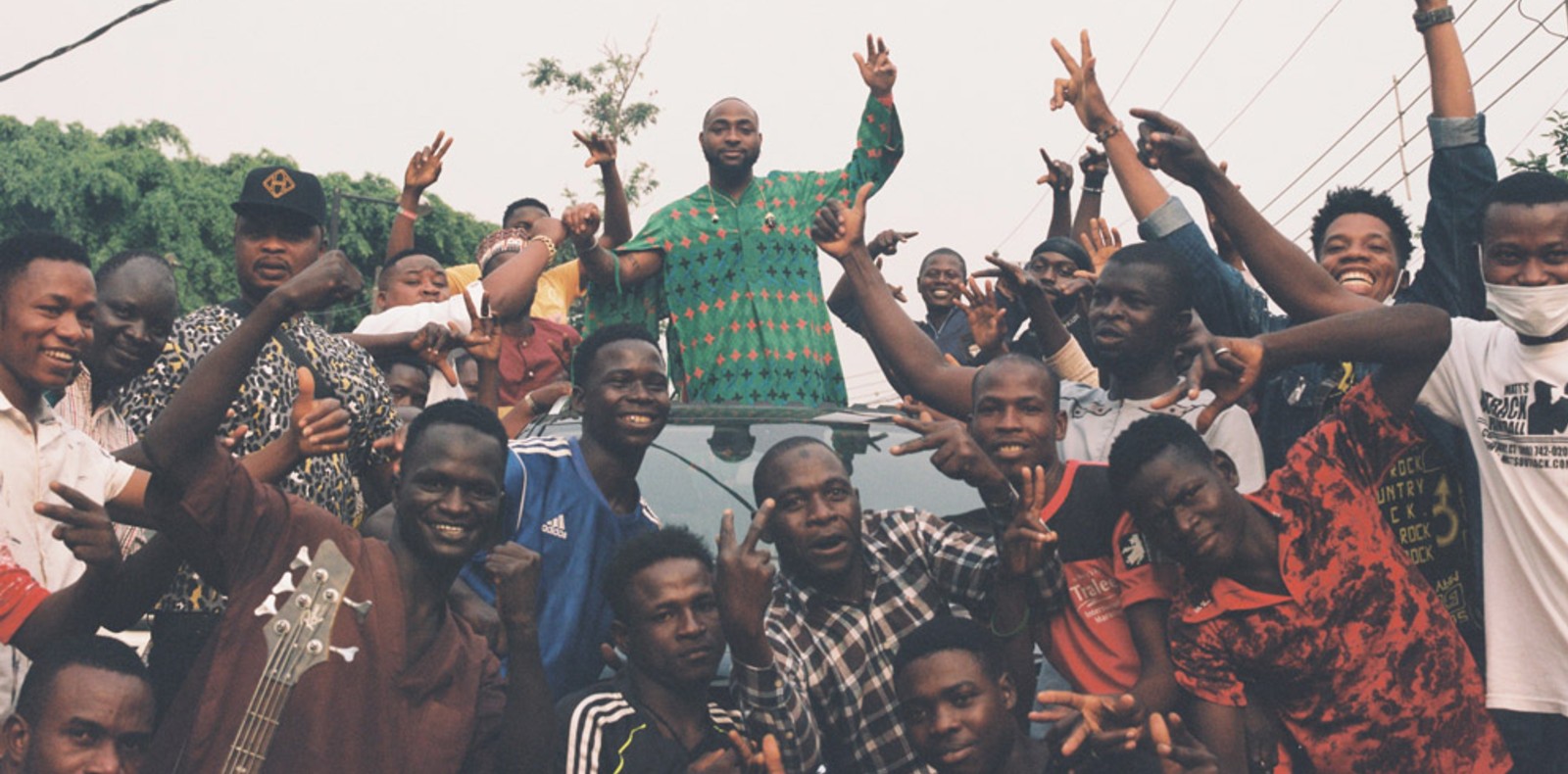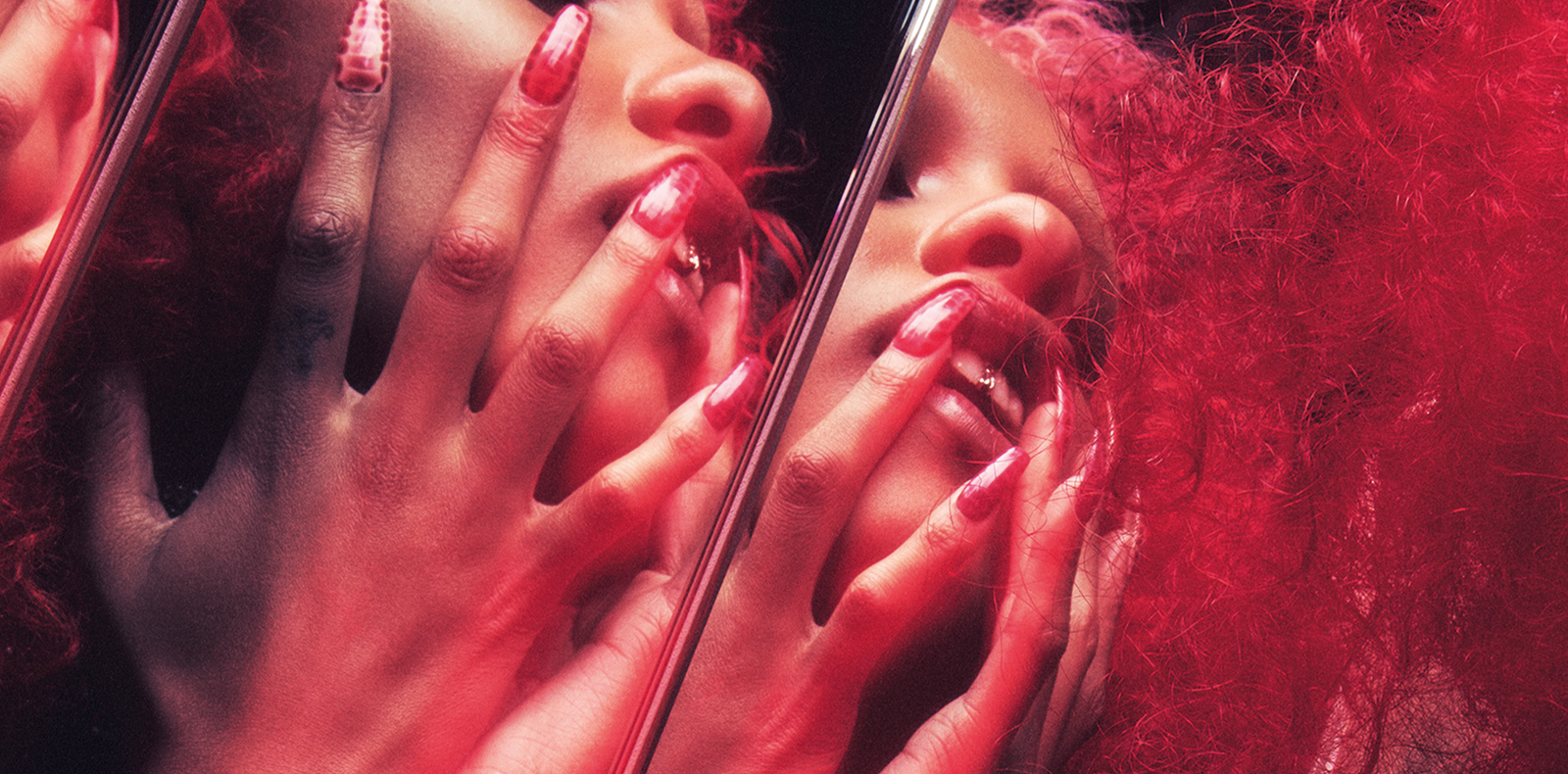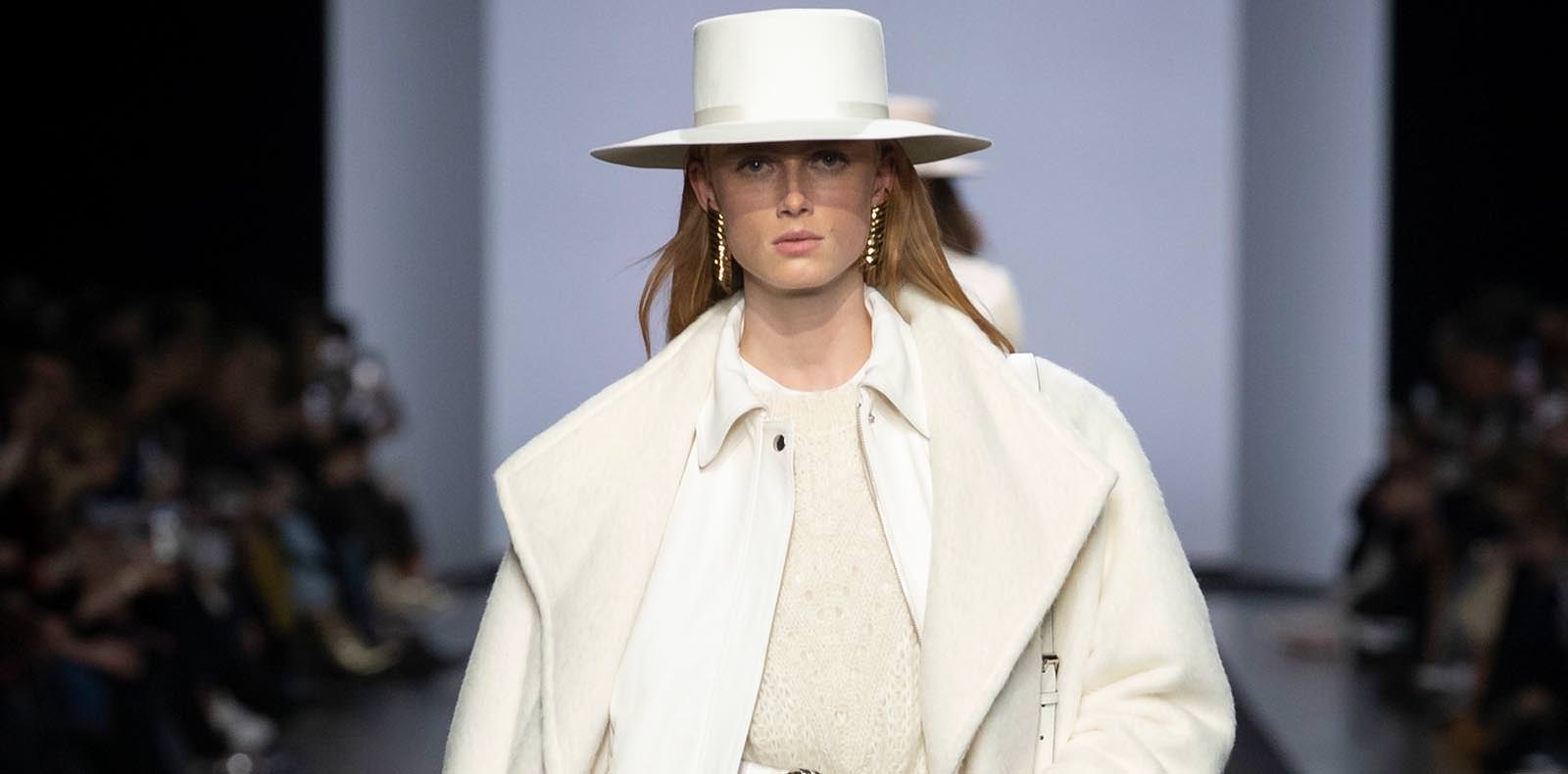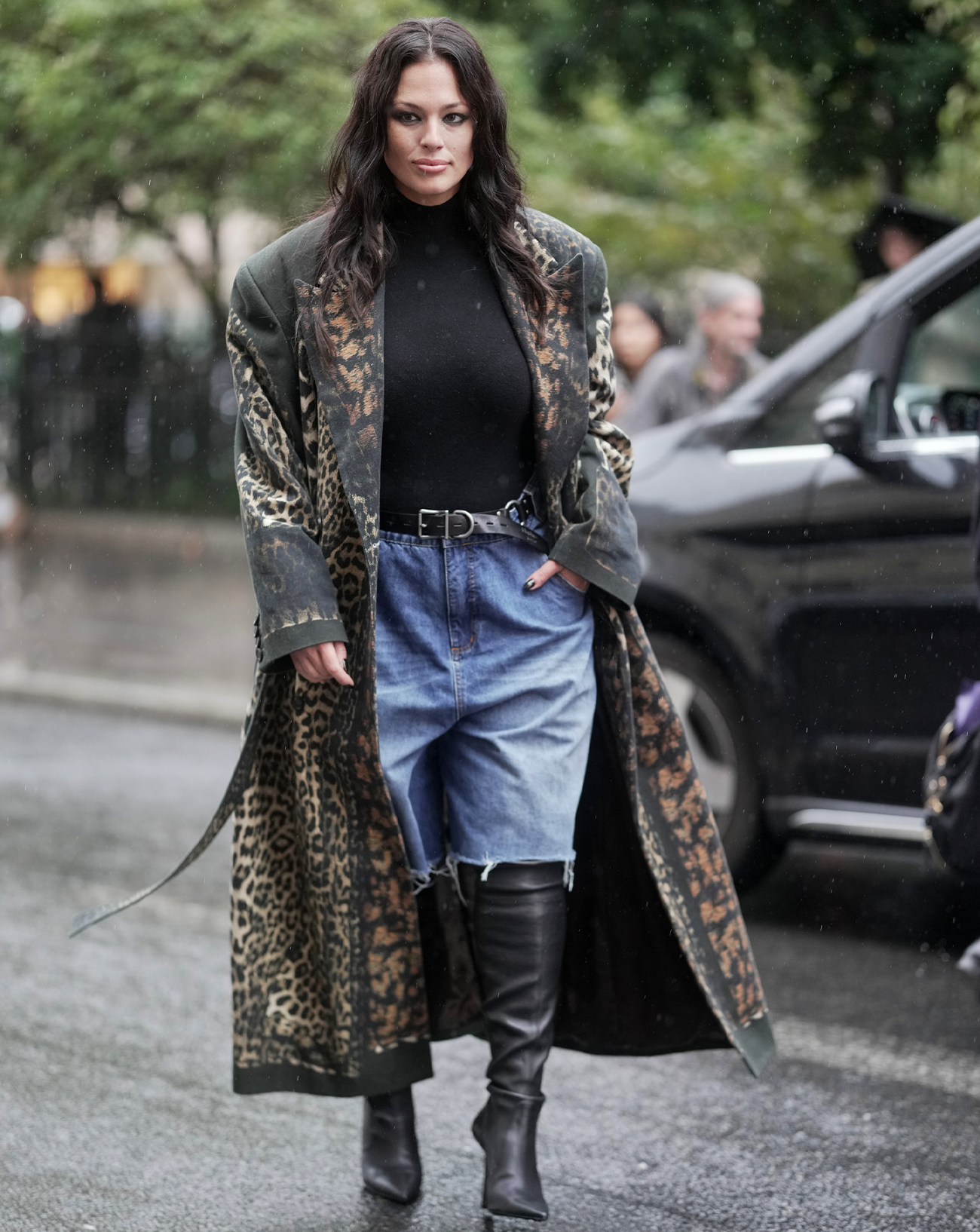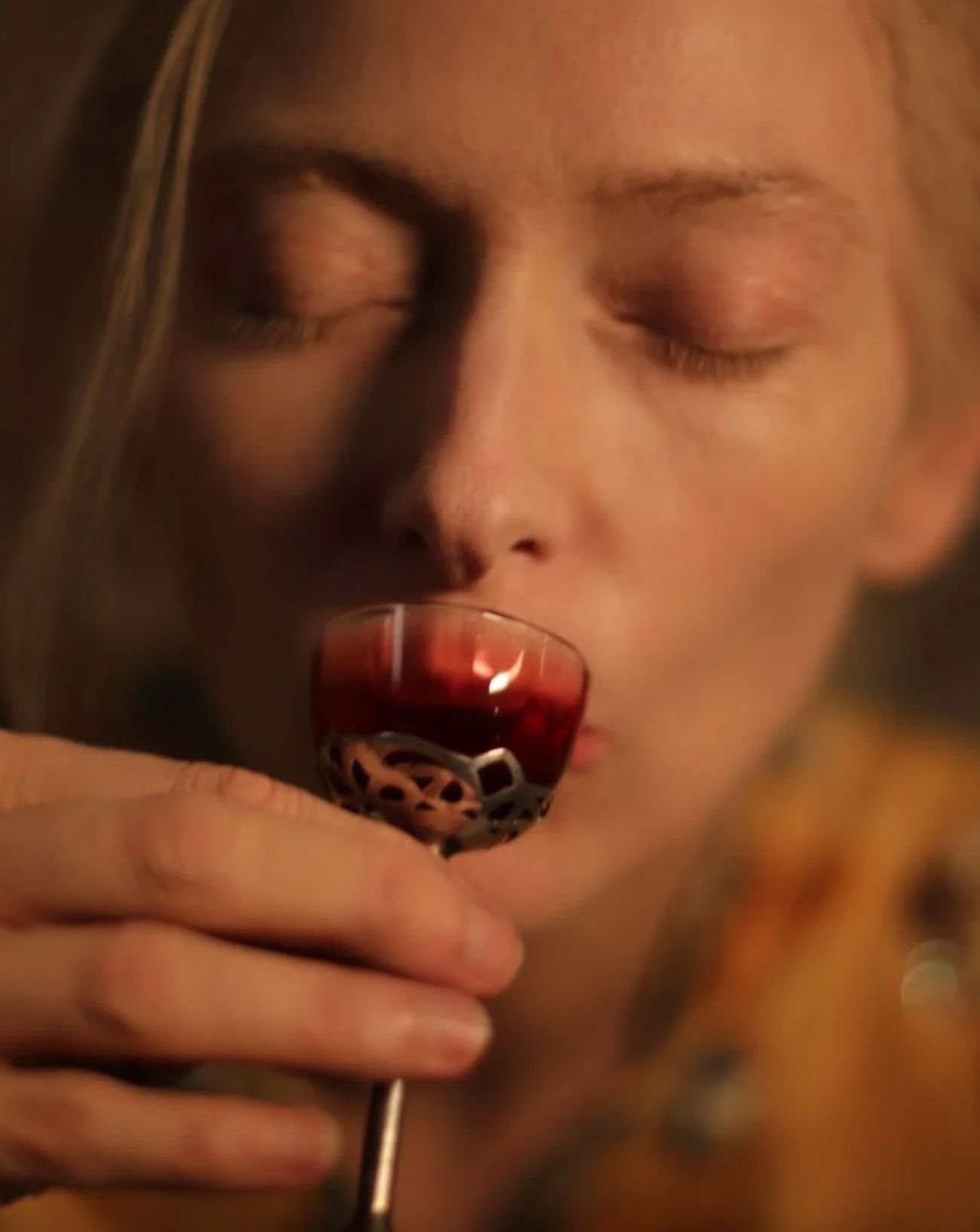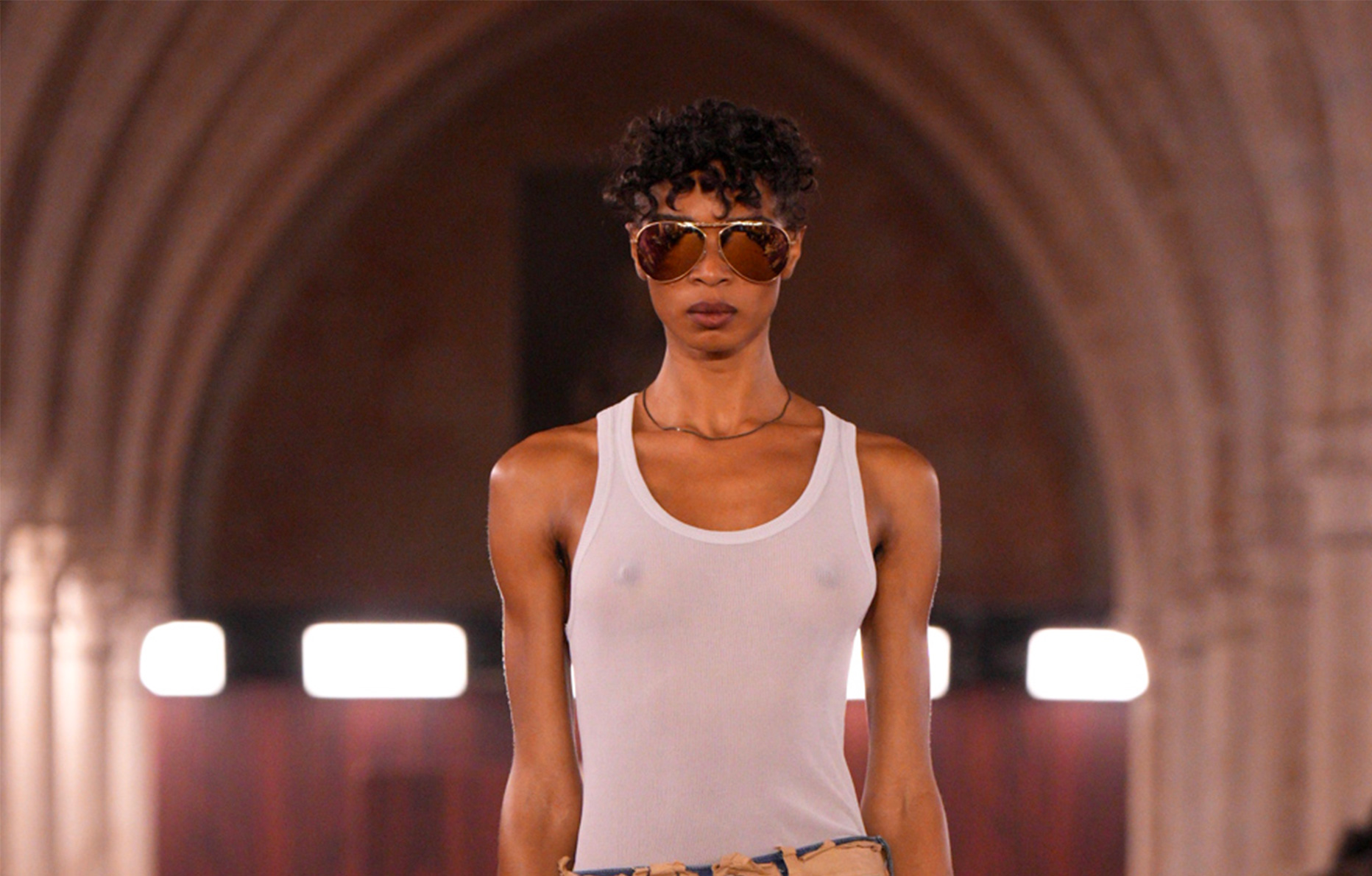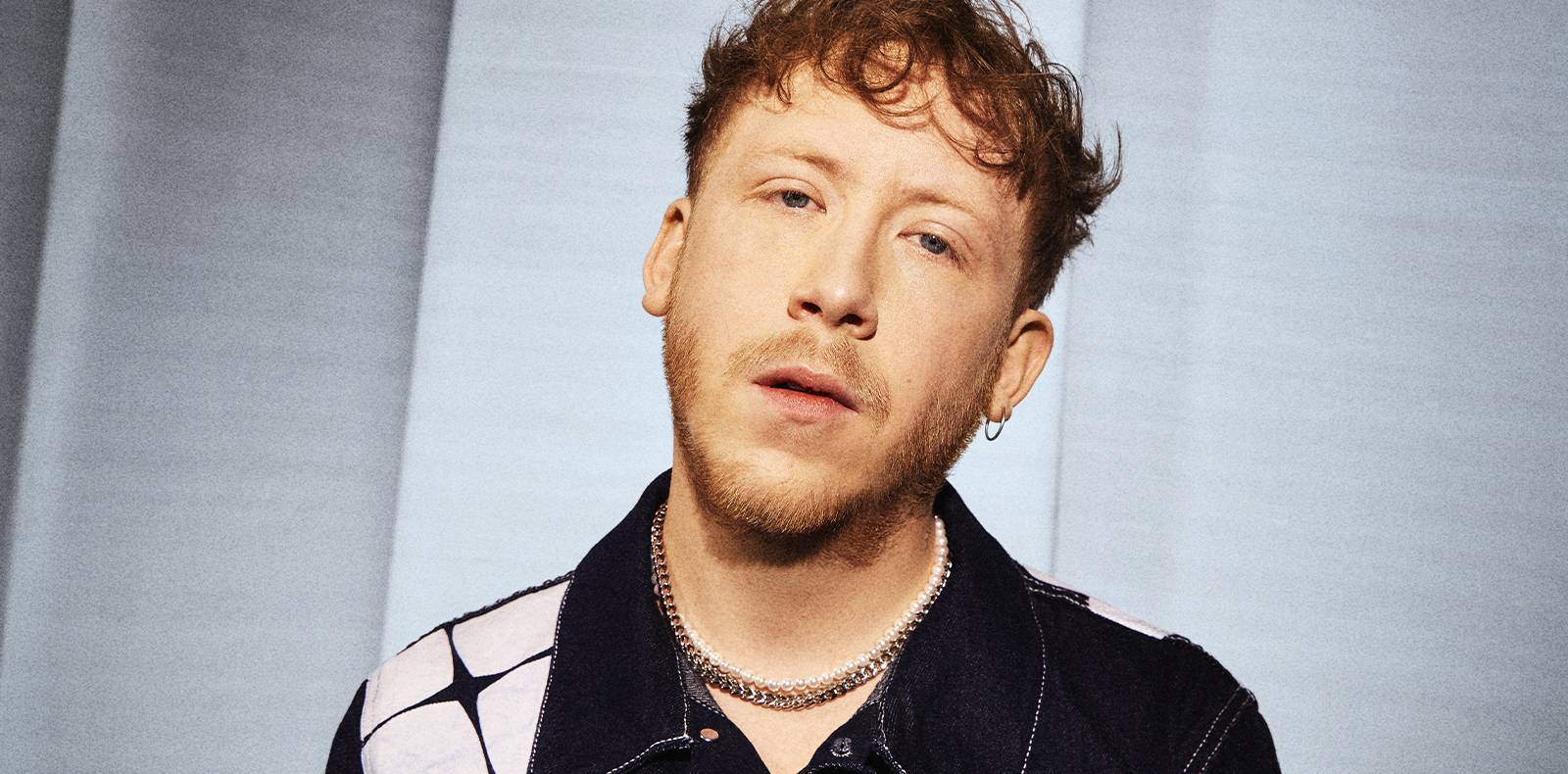
25
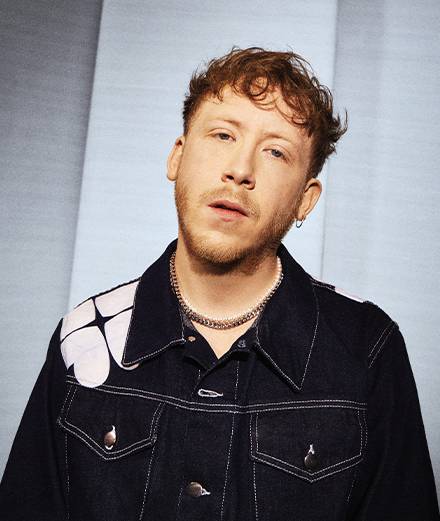
25
Meeting with Eddy de Pretto: “We’re all someone’s weirdo”
From October 26 to November 4, Eddy de Pretto will return to the stage to perform in front of 1500 people every night at the Bataclan. Before this major challenge, we spent nearly an hour in a charming Parisian café with the man who brilliantly deconstructed toxic masculinity and redefined the contours of French song. The opportunity to talk about commitment, goodbye to drugs, love and… houseplants.
Published on 25 October 2021. Updated on 31 May 2024.
When he appeared, bare-chested and frail beading with sweat in the middle of a gym in the video for Kid (unveiled in 2018, a few months after the EP of the same name), Eddy de Pretto knocked out the French song. We had never seen that before in France, a little guy from Créteil rebelling with his grip and poetry against the injunctions imposed on little boys and abusive virility. As strong in content as in form, Eddy de Pretto’s music and lyrics weaved a new path, between rap and song, uppercut and intimate confessions, Frank Ocean and Charles Aznavour.
After that, the singer could have given up – he had already won the battle – but he continued to heal our wounds with a first album, Cure, (released in 2018 and sold 300,000 copies) which dealt in a literate way with his homosexuality, the melancholy of partying (too much), flirting and the weariness of patriarchy. A reissue of his first attempt (renamed Culte) and a short break later, the artist returned last March with
À tous les bâtards
, a record about identity, the suburbs, goodbye to cocaine and complicated romantic relationships. Today, he is preparing himself mentally (sessions with the shrink to shape a mindset of steel) and physically (exercises with a sports coach three times a week) to defend this album on stage, several nights, at the Bataclan, from October 26 to November 4. Just before these expected and almost all sold-out performances, we met a 28-year-old boy who resembles his songs : committed, endearing and fully anchored in his time.
“On To All Bastards, I say , ‘Okay I’m this, I’m weird and it’s going to be beautiful.'” Eddy de Pretto
Numéro: In your latest video, which compiles two new songs made and sung with Yseult, there is a lot of sweetness and even a kiss at the end. Was it a desire to bring a little tenderness to a world that has treated us quite badly lately ?
Eddy de Pretto: Yes, that’s really it. We evolve in a hyper-violent environment. And with this period, it seemed important to us to talk about taking care of ourselves, taking breaks. Especially with Covid and the lockdowns, which have affected me personally a lot because I think too much and it has awakened a lot of things in me. With Yseult, who is a friend, we wanted to create a “safe place”, a space that belongs to us, where we feel good, a bubble stronger than the outside, both melodious and calm.
This year, you released your second album, À tous les bâtards. Who are the “bastards”? Freaks, pariahs, loners?
In all the work of minorities, there is this way of turning stigmas and insults on their heads. As I’m a, when I’m going to use it, it will be to change the connotation. For the word “bastard”, which can be turned around for fun in the expression “you bastard”, it is the same thing. It is a process of “empowerment”. The idea is to revalue terms to reverse the negative, to make insults a strength. On the album cover, which is a fanart [Fan drawing] that I have received, I say:Look at me how I am so different, blurred, abstract.“I’m not put to my advantage… Assuming myself has been a long work for me. On my first album, I questioned myself about how I should be, about the way others looked at me. I asked myself: “Should I be more of this or more of that for the boys or for my father ? Should I pretend or stay me ?” On To All Bastards, I say : “ok I’m that, I’m weird and it’s going to be beautiful.” And besides, we’re all someone’s weird. The notion of normality is completely subjective. Even the most popular guy can be told: “Look at your feet, they’re strange.” If it’s just feet, it’s not much. But what I mean is that someone is always going to decide, at some point, that you don’t belong in their world, that you’re different from them and will laugh at you.
“There is more room for a diversity of ways to tell our epics.” Eddy de Pretto
Do your songs, in addition to addressing those left behind by normality, also have a direct dialogue with the teenager that you were ?
I don’t know, but I try to think of discourses that until then, in French song, did not exist. I like the idea of defending a certain view and that there is a diversity of narratives today. When Yseult talks about the injunctions she has suffered as a fat and black woman, from her point of view, it is very strong. We are no longer in the simplistic archetypes of the 90s. “Freaks” speak out, at least on the networks and are taken up by the media. I’m also thinking of Michaela Cohen with the series I May Destroy You. We see a black woman who talks about her rape and who finds herself confronted with a lot of impossibilities because of what she has experienced. It is about how she perceives society. There is more room for a diversity of ways to tell our epics. When I grew up, the mainstream singers were Lorie, Priscilla… Today, we have Pomme, Yseult, Angèle, Bilal…
Which artists gave you hope during your teenage years ?
David Bowie gave the feeling of being free. And Diam’s was in essence the artist who showed something else.
Do you understand his withdrawal from music ?
Yes, because it’s a complicated job, even if it’s great. Staying in the spotlight is so much about ego, mental health, foreign diplomacy, some kind of politics. At some point, you may want to say to yourself: “ok, I’m quitting, my mental health is better than that.” For Diam’s, dedicating herself to something religious and higher has been her resource. This is also what happened to Stromae. He was absent for years because he was sick.
In your single Bateaux-Mouches, you recount your beginnings as a singer for tourists on the Seine, to general indifference. How did you find this job ?
(he takes on a crooner’s voice and a humorous tone) Well, it was a struggle, my little … So I had my network working. A friend from my music school had found a job. I had taken my first apartment to rent in Paris after leaving Créteil, and to pay the rent, I needed a little job. And in music, it was better, because I wanted to get my intermittent work. At the same time, I was a waiter in a bar where I served pints. I went to auditions in front of a D.A. to sing about cruises on the Seine that swayed me: “You have to sell dreams !” I covered Rihanna, Edith Piaf and also Mr. Pokora to make people dance a little. It taught me a lot of tricks. Three times a week, you have to go between the tables, put on a show, attract the attention of people who don’t care if you’re there, entertainer. The public is here to eat while fantasizing in front of the Eiffel Tower. Your goal is to catch them. And the setting was nice…
In your early days, you worked in commercials, playing the role of Julius Caesar for CanalSat in 2010, before roles in theatre and film. Could you come back to it?
Yes, I would love to go back. I turned down things when I was on tour or working on my albums, but I’m tempted. I can’t say anything right now, except that it’s “in labor.”
“I describe the time I said to a girl: ‘Sorry, it’s not going to be possible, because I have boys to love, other veils to unfold’.” Eddy de Pretto
On your track Parfaitment, you sing : “I don’t want a life of wax.” You seem to be addressing someone by warning them: “I will never be good enough compared to your desires.” Is this a message to your parents ? Or an ex ?
Rather to society. I got the idea for this song while watching Matthias & Maxime by Xavier Dolan. At the beginning of the film, one of the heroes takes the car to join his friends. And on the highway, an advertising billboard appears representing a family picnicking. They are white, perfect, have two children. This is the ideal family for whom everything will be fine, who will always have appliances and hot chocolate. And I said to myself: “but in fact, we have to keep breaking this, because it remains.” You only have to watch television for ten minutes to realize that it’s still there. Zemmour is totally in line with this type of discourse with his obsession with “it has to be French.”
Your songs often have a double meaning. We don’t know if your title Sorry Caroline is about love or drugs…
This is not always the case, but I do try to leave the interpretation open. On the first album, there was Quartier des lunes which evoked war: both the colonization of the land and that of the colonization of women by men. And, on my new album, Sorry Caroline talks about quitting cocaine, but also plays with the idea of the end of a straight story. I describe the time I said to a girl, what really happened: “Sorry, it’s not going to be possible, because I have boys to love, other veils to unfold, other things to live. You’re pretty, I like you, but it won’t go any further.” For cocaine, it’s the same thing. At parties, it brought me entertainment, but I decided it wouldn’t go any further. And so, as you see, I eat cakes (we are in a Parisian café-pastry shop at the time of the interview)…
On your song Val de larmes, you say that you have never been a victim of police violence in Créteil or elsewhere because you were saved by your pale face…
Yes. The only time I was checked was because I ran a fire on a scooter during the first lockdown, when I was more than a kilometre from my home… The whole nine yards! I took off my mask and they said , ‘Ah, Mr. De Pretto !‘ All the friends who were called Karim have already been arrested, chased or beaten. There is a real problem and it is not moving forward. On the road, it’s always the same people who are stopped. Without monopolizing the debate, I think we have to see when we have privileges. I’m white but I’m an ally. I’m just taking stock of the situation. Minorities also have rights such as the right to have a roof over their heads, a good job, heating, etc.
Your texts have often been compared to those of the writer Édouard Louis. Do you think it makes sense?
Yes, the themes can be similar. We haven’t experienced the same things but I can understand the similarities. There is a common need to talk about what has made us grow, the environments that have built us. I’m from the suburbs, he’s from the countryside, but they overlap because they’re two places where living one’s homosexuality seems impossible. There is also the daily violence of a working-class environment and a family that does not know how to speak. I went to see him at the theatre, I really like his books, but we never met… Maybe he’s too worldly today for that to happen (laughs).
With your first EP released in 2017, Kid, and then your first album, Cure, you redefined masculinity to make it less toxic. Since then, do you think that things have changed?
There has been progress. When you see Bilal form a couple with a man in the show Dancing with the Stars, you can think that the lines have shifted somewhat. What remains a real problem is the education of boys. They are still allowed too many things. We tell them: “It’s going to be okay for you little one, you’re resourceful.” While we brood over the little girl, like a fragile thing.
I saw on Twitter that you shed a few tears while listening to Adele’s latest track. What were your latest artistic favorites ?
Lil Nas X. Big album and big character. It’s very strong in terms of representation. Do you realize what we’re going through ? A black, gay, rapper, who went into country and who climbed to the top of the charts. This proves that our societies are ready for this. Otherwise, I’m reading I Am a Monster which tells you about Paul B. Preciado, someone who struggles a lot. It’s really strong. And I had finally started The Handmaid’s Tale series. But I couldn’t see the second season, there wasn’t an ounce of light. It was too hard…
Do you have any unmentionable passions ?
I love plants. I have them everywhere in my house.
But that’s a very honest passion. One thing you like, otherwise, but don’t brag about?
Ah… My depression, then. It’s been such a problem for a long time that it’s become a passion (laughs). I learned to love him.
To All the Bastards (2021) by Eddy de Pretto, Initial Artist Services, available on all platforms. In concert from October 26 to November 4 at the Bataclan.
